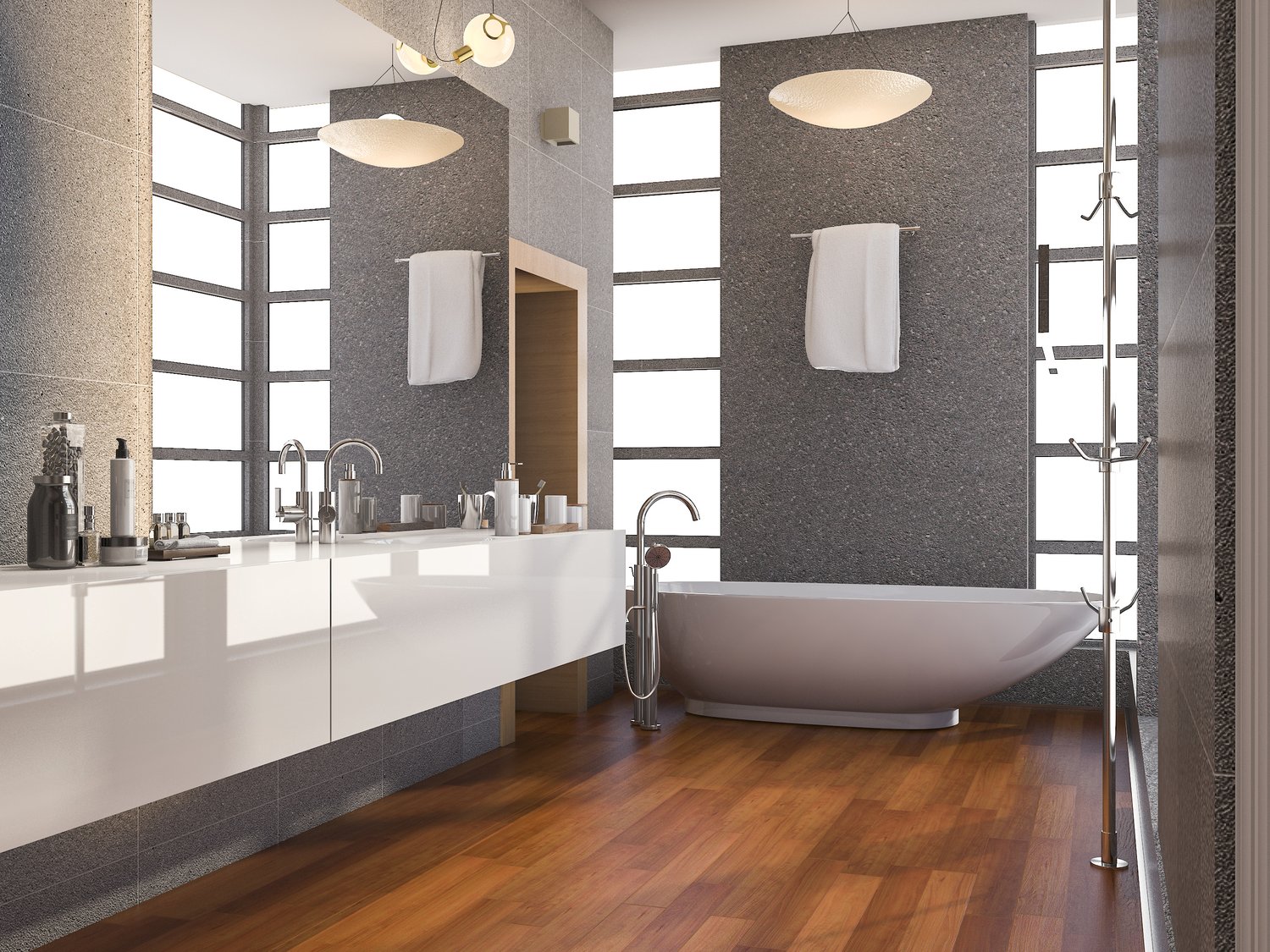Choosing the right shower set for your needs
Shower sets are essential components of any modern bathroom. These units combine functionality with style, offering a complete solution for your showering needs. A typical shower set includes a showerhead, handheld shower, and control valve. When selecting a shower set, consider the water pressure in your home. Homes with low water pressure may benefit from a rain shower head, which can provide a luxurious experience even with reduced flow. High-pressure systems, on the other hand, work well with multi-function shower heads. The finish of your shower set is also crucial, with options ranging from chrome to brushed nickel. Shower sets can also include additional features like body jets or thermostatic controls for precise temperature regulation.
Exploring the benefits of shower cabins
Shower cabins offer a complete, enclosed showering space that can be installed in various bathroom layouts. These units typically consist of a base, walls, and a door, creating a self-contained area for bathing. One significant advantage of shower cabins is their ease of installation, often requiring minimal plumbing work. Many models come with built-in shelves or seating, enhancing convenience and comfort. Shower cabins are available in various sizes, from compact units suitable for small bathrooms to spacious enclosures for larger spaces. Some high-end Shower cabins include features like steam generators, aromatherapy systems, or even built-in audio systems. When choosing a shower cabin, consider factors such as the door type (sliding, pivot, or bi-fold) and the cabin’s overall dimensions to ensure it fits your bathroom layout.
Understanding shower tray options and installation
Shower trays form the base of your shower area, providing a watertight foundation for your showering space. These components come in various materials, including acrylic, stone resin, and ceramic. Acrylic trays are lightweight and easy to install, making them a popular choice for DIY enthusiasts. Stone resin trays offer durability and a premium feel, while ceramic trays provide a classic look. When selecting a shower tray, consider its height; low-profile trays offer easier access, which can be beneficial for those with mobility issues. Shower trays are available in multiple shapes, including square, rectangular, and quadrant designs to fit different bathroom layouts. The size of your shower tray should be chosen based on your available space and personal preferences. Installation of a shower tray requires proper sealing and leveling to ensure proper drainage and prevent leaks.
Maintenance tips for your shower components
Regular maintenance of your shower components is crucial for ensuring their longevity and optimal performance. For shower sets, descaling the showerhead every six months can prevent mineral buildup and maintain water flow. Use a mixture of equal parts white vinegar and water to soak the showerhead for several hours. Clean shower cabin doors and walls weekly with a non-abrasive cleaner to prevent soap scum accumulation. Pay special attention to the door tracks, as these can collect debris and affect the door’s smooth operation. For shower trays, regular cleaning with a mild detergent is usually sufficient. However, periodically check the seal around the edges of the tray to ensure it remains watertight. If you notice any cracks or damage to your shower components, address them promptly to prevent water damage to your bathroom.
Water efficiency considerations for shower systems
Water efficiency is an important factor to consider when selecting shower components. Many modern shower sets come with water-saving features that can help reduce your water consumption without compromising your shower experience. Look for showerheads with the WaterSense label, which indicates they use no more than 2.0 gallons per minute. Some advanced shower systems incorporate flow regulators that maintain consistent water pressure while reducing overall water usage. When it comes to shower cabins, models with built-in water recycling systems can significantly decrease water consumption. These systems filter and recirculate water during your shower, reducing waste. For shower trays, proper installation and regular maintenance of the drain can prevent water pooling and ensure efficient drainage. Consider installing a drain hair catcher to prevent clogs and maintain optimal water flow.





